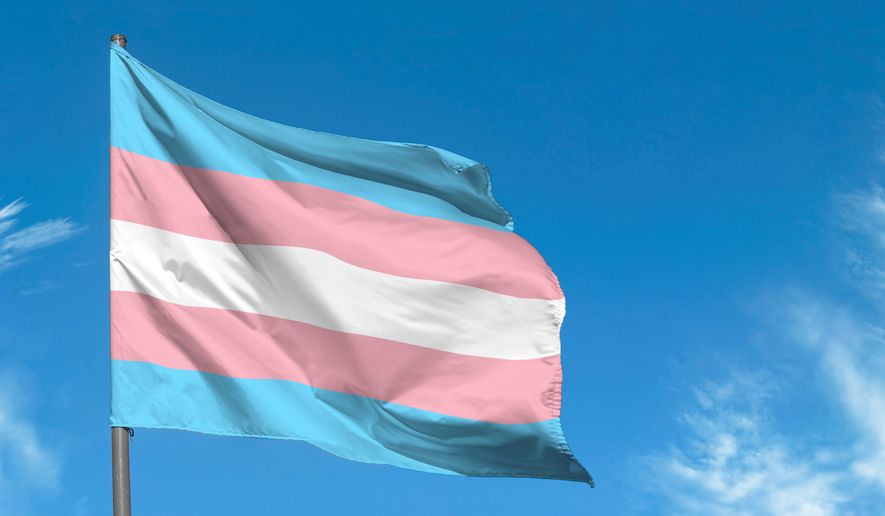Nebraska conservatives said Tuesday they have met a deadline for a petition to block a Lincoln City Council proposal that would allow biological men who identify as female to use women’s facilities and subject resistant businesses and organizations to fines.
The Nebraska Family Alliance reported that the 18,501 petition signatures, inked before a Monday deadline, are more than four times the 4,137 that city law requires from registered voters who cast ballots in the last gubernatorial election.
“Every person should be treated with dignity and respect,” said Nate Grasz, the alliance’s policy director. “The ordinance passed by our city council fails to achieve this and violates the privacy and safety of women and girls.”
Mr. Grasz said the alliance, which had 15 days to collect the signatures after the city council voted unanimously to pass the “fairness ordinance” on Feb. 14, did so by deploying 340 volunteers to canvas businesses and homes. He said the volunteers also visited 70 churches.
The seven members of the Lincoln City Council did not respond Tuesday to a request for comment.
Lincoln Mayor Leirion Gaylor Baird, a Democrat, has called the bill a priority for her administration and had been expected to sign it into law within a 15-day deadline that also fell this week.
The petition has prevented her from doing so until city officials examine the petition signatures.
Under law, the city council must now go through the process of officially validating the signatures. Once it verifies the minimum number of registered voters required to nullify the ordinance, the council must either rescind the bill or put it on the ballot for a public vote.
In 2012, more than 10,000 people signed a Nebraska Family Alliance petition to stop an earlier version of the ordinance, but the city council chose to let it lie dormant with the hope of reviving it later.
The new proposal is broader, adding military service members and veterans as a protected class to the city’s anti-discrimination language. It also changes the definitions of marriage, race and natural origin.
The Lincoln Journal-Star reported Sunday that a vote on the ordinance appears likelier this time, with members of Lincoln’s LGBT community feeling pessimistic that the proposal will stand.
“It doesn’t matter what else you put in the proposal, once you introduce it, it’s about transgender bathroom access,” resident Natalie Weiss said. “That’s what the fight will be about.”
Logan Casey, senior policy researcher at the nonprofit LGBT advocacy group Movement Advancement Project, told the Journal-Star that of the more than 330 U.S. cities and counties with similar transgender bathroom ordinances, relatively few have attempted to repeal them.
Mr. Casey said opponents to such bills generally respond by “targeting transgender people in particular and making baseless claims about safety to stoke fear.”
Lincoln’s newspaper also cited a study by the Police Foundation that showed bathroom sexual assaults have not increased as a result of such laws in Atlanta, Dallas, Tucson, Arizona and Miami.
The proposed ordinance would amend Title 11 of the Lincoln Municipal Code to add “sexual orientation and gender identity” to its definition of sex and redefine sexual harassment as “creating an intimidating, hostile, or offensive environment in employment, housing, or public accommodations.”
Public businesses, private schools, youth sports leagues and churches are obliged under this “public accommodations” clause to give men who self-identify as female open access to women’s locker rooms, bathrooms and dressing rooms.
The ordinance would empower the nine-member Lincoln Commission on Human Rights, appointed by the mayor, to hold public hearings on any allegations of discriminatory “verbal or physical conduct” and direct the city attorney to fine anyone who refuses to let transgender patrons use the facilities of their choice.
Penalties for offenses that “have the effect of discrimination” run up to $10,000 for a first offense, $25,000 for a second and $50,000 for each repeated offense.
Lincoln is the capital of Nebraska and the state’s second-largest city, with more than 280,000 residents.
• Sean Salai can be reached at ssalai@washingtontimes.com.




Please read our comment policy before commenting.